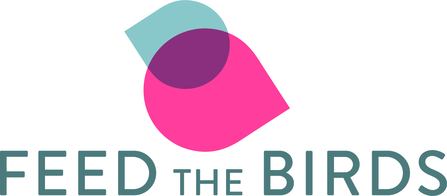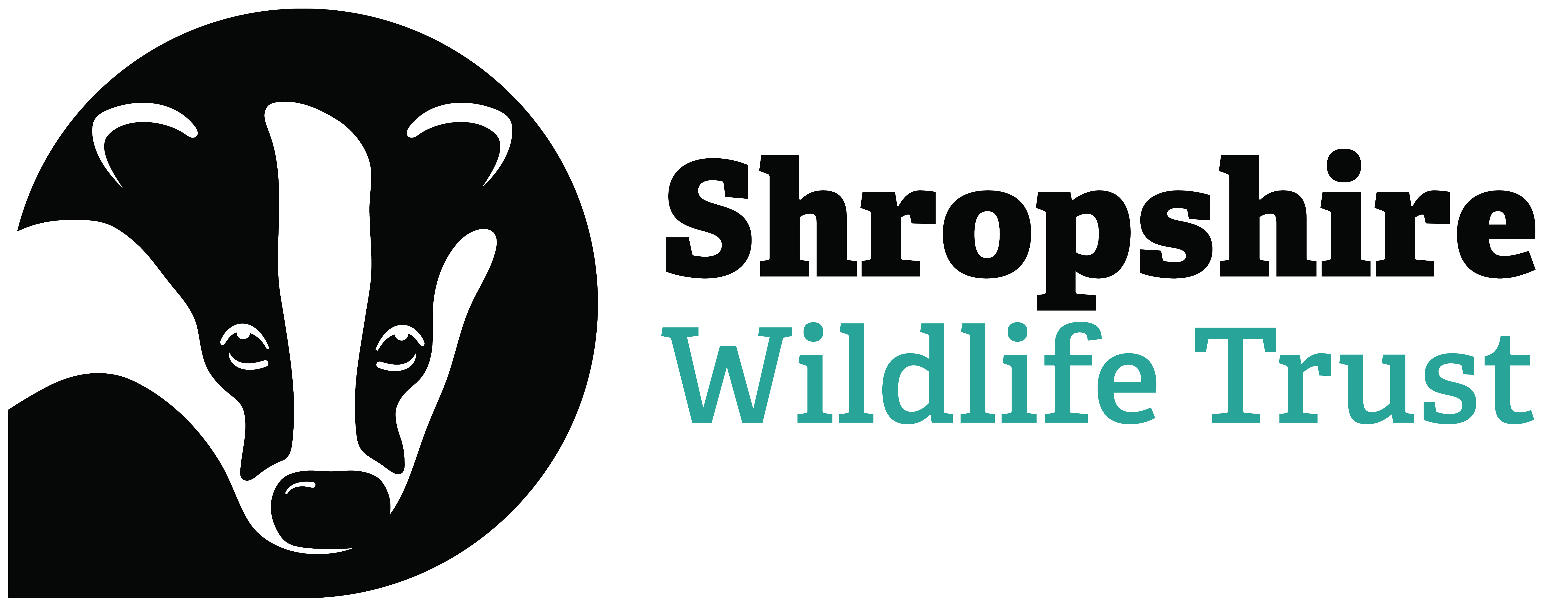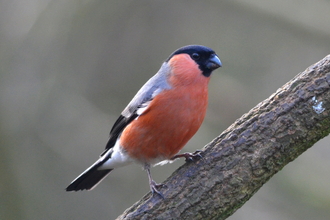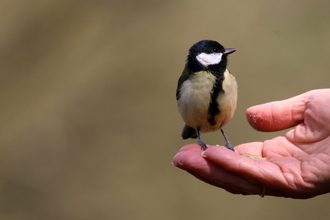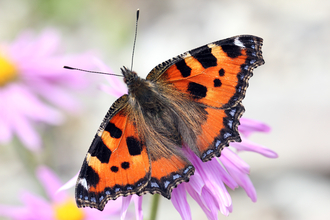It is interesting to observe the impact of enforced social isolation on how we feel. It’s a familiar term but one often not really understood, perhaps that is, until now. For many people right now, social media and other online wizardry such as whatsapp and zoom mean we can still be in touch with friends and work colleagues. For others it provides a time to reflect and perhaps catch up on jobs at home.
Feed the Birds update (March 2020)
Starling on bird feeder (c) Ben Hall/2020VISION
Imagine a life without social media and what you would do when that list of jobs runs out. Imagine only having a telephone but not actually having any family or friends to ring, let alone ring you. For many people in Shropshire and across the country this is the day to day reality.
We know that once the Coronavirus pandemic subsides, we will pick up on life as it was before and be able to get together with friends and family, go to events, gatherings, the pub, but sadly this will not be the case for our ‘Feed the Birds’ clients and for thousands of people living in similar circumstances.

Female blackbird (c) Richard Burkmar
Our ‘Feed the Birds’ project provides a lifeline for these people and the Corona virus crisis has thrown into the limelight the reality of living socially isolated and having little or no day to day contact with society. One positive outcome of this situation is that we will understand the terrible impact of social isolation because to some extent we will have all experienced it.
We have had to curtail our ‘Feed the Birds’ volunteer visits so as to reduce risk of infection. The good news is that we have managed to arrange for someone, in most cases a family member, to continue topping up the bird feeders for our vulnerable and lonely clients.
The volunteers, who have up until now been visiting once a week and chatting with the clients as well as filling up their feeders, will continue to contact their clients by telephone. Of course we know that telephone doesn’t really replace quality face to face contact with a fellow human being but we are reassured that they will have someone speaking to them once a week and that their feathered friends in the garden will also be being looked after.
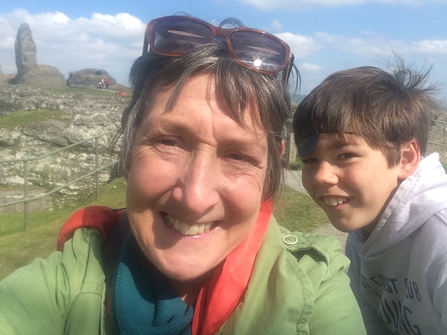
Diane Monether
Diane Monether
Feed the Birds project officer
